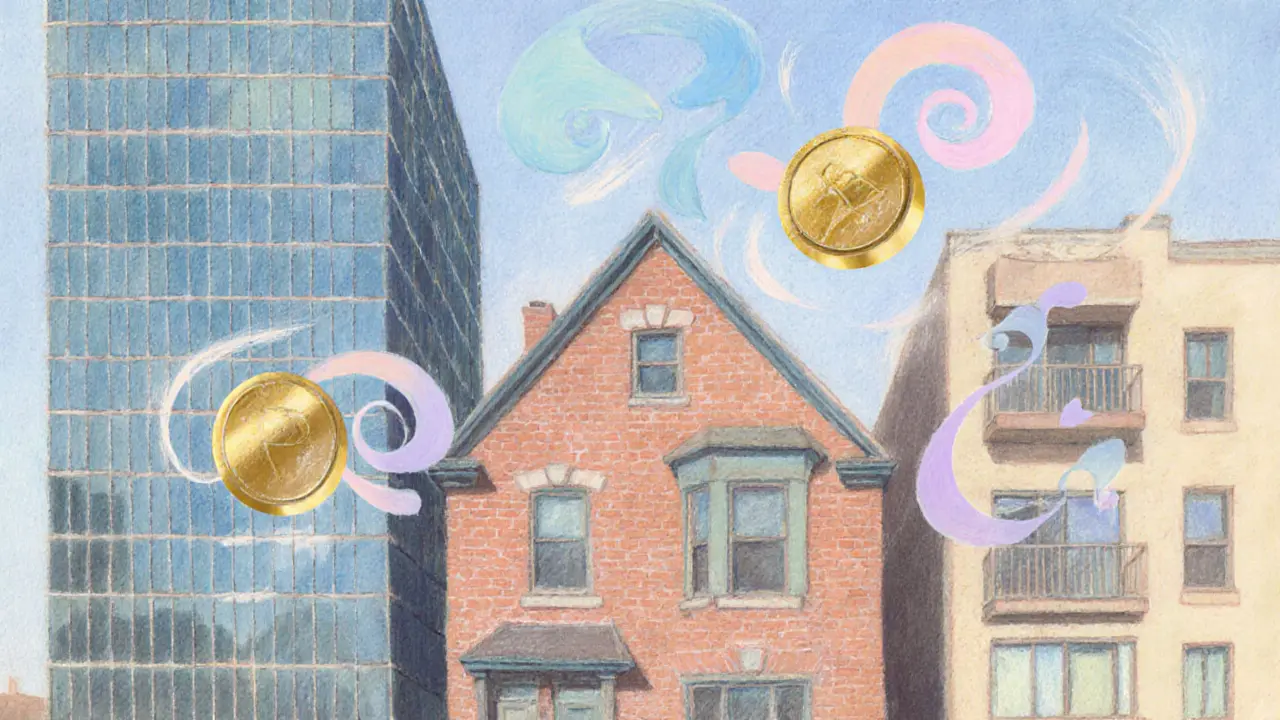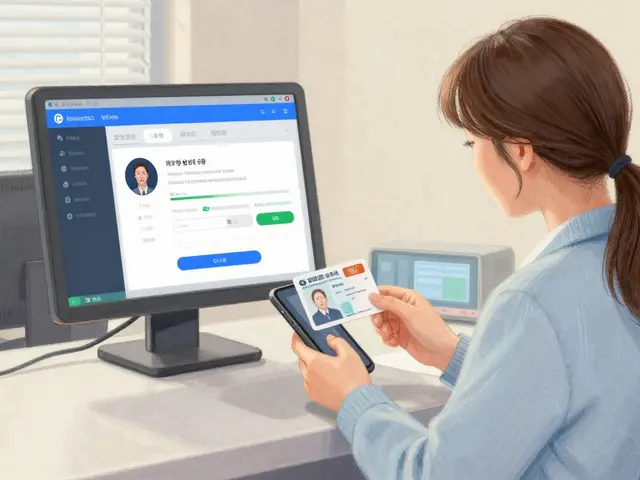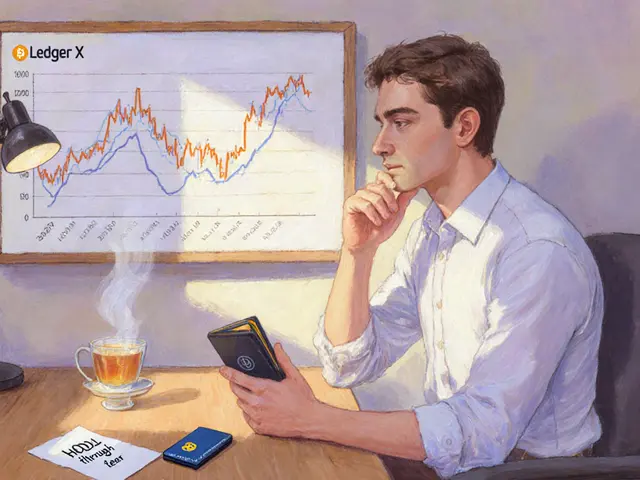Blockchain Real Estate: What It Is and Why It Matters
When talking about blockchain real estate, the use of blockchain technology to record, trade, and manage property assets. Also known as property tokenization, it lets owners split a building into digital shares that anyone can buy or sell. Tokenized property represents a real‑world asset as a blockchain‑based token works hand‑in‑hand with real estate NFTs unique, non‑fungible tokens that certify ownership of a specific parcel or virtual land. Both rely on smart contracts self‑executing code that enforces transaction rules without intermediaries, which handle everything from payment settlement to title transfer.
Key Concepts and How They Connect
Blockchain real estate encompasses tokenized property and therefore needs smart contracts to automate the buying process. Smart contracts require clear legal definitions and reliable oracle data, which means developers often work with lawyers and property registries. When a tokenized property is created, the smart contract records the total supply, owner rights, and any revenue‑sharing rules. This setup enables fractional ownership, letting investors hold a 1% slice of a commercial tower instead of the whole building.
Real estate NFTs add a layer of uniqueness. Unlike fungible tokens, each NFT can map to a specific address, a piece of land in a metaverse, or even a lease agreement. Because NFTs are indivisible, they are perfect for representing exclusive rights, such as a single apartment or a prime virtual plot. The presence of NFTs influences liquidity in real‑estate markets by letting owners list their assets on specialized marketplaces, where buyers can instantly see provenance and ownership history.
All these pieces tie back to DeFi. When you hold tokenized property or a real‑estate NFT, you can use it as collateral on lending platforms, earn yield through staking, or swap it for stablecoins to cover expenses. This creates a feedback loop: smart contracts enable collateralization, which brings more capital into the property market, which in turn spurs further tokenization projects. The result is a more inclusive, faster, and transparent real‑estate ecosystem.
Below you’ll find a curated list of articles that dive deeper into each of these topics – from regulatory updates in Nigeria that affect crypto‑based property deals, to step‑by‑step guides on becoming a blockchain validator, and real‑world examples of banking‑as‑a‑service that power tokenized assets. Whether you’re a seasoned investor, a developer, or just curious about how property is moving onto the blockchain, the posts ahead give you actionable insights and the latest industry news.

Learn how real estate token trading works, compare top marketplaces, and get practical steps for investing in fractional property on blockchain. Includes benefits, risks, and future outlook.
Jonathan Jennings Oct 19, 2025




